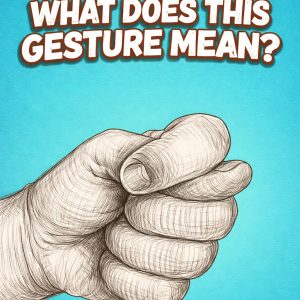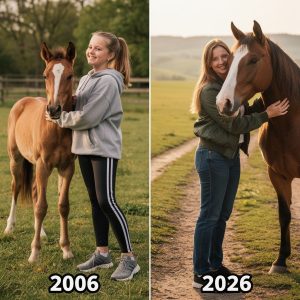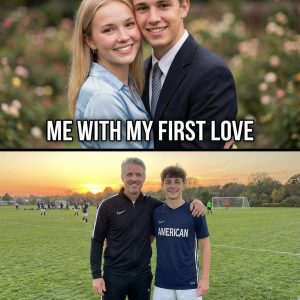When we adopted Blu, the woman at the shelter gave us a long look and asked, “Are you sure about this? He’s a pit bull.”
I nodded.
Because I wasn’t looking for a status dog. I was looking for someone to protect my daughter in a world that never felt safe.
Luna was three when we brought Blu home. Within days, she was brushing his fur with her doll’s comb, whispering secrets into his ear, and falling asleep with her fingers curled in his coat.
Some parents gasped when they saw them together. A few even pulled their kids away from the park when we showed up. “He looks scary,” one mom said.
But Blu sat there, calm as a monk, letting Luna tie a pink ribbon on his tail.
Then, last week, someone reported him. They said they “feared for neighborhood safety.” Animal Control showed up with a clipboard and a warning: one more complaint, and Blu would have to be removed.
I tried to explain—showed them photos, videos, vet records. They didn’t care. They saw the breed, not the bond.
But Luna? Luna didn’t say a word. She walked over, wrapped her arms around Blu’s neck, and gave me that little smile.
The kind that says, We’re not going down without a fight.
That night, I started writing the post that would change everything.
It began as a Facebook update titled: “Why My Daughter’s Best Friend Isn’t Dangerous—Even If He’s a Pit Bull.”
In it, I shared our story: how Blu came into our lives after months of searching shelters, how gentle he was despite his muscular frame, how Luna lit up every time she saw him wagging his stubby tail. I posted pictures of them playing fetch in the backyard, snuggling on the couch during rainy afternoons, and even sharing an ice cream cone (a parenting fail I’ll admit to).





